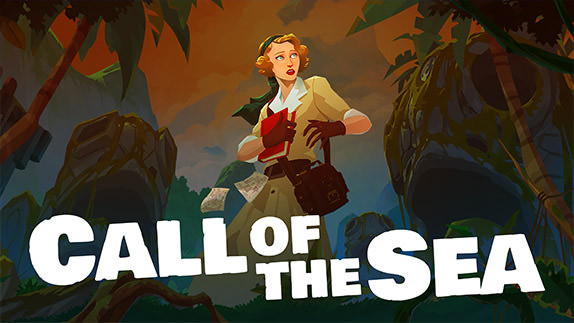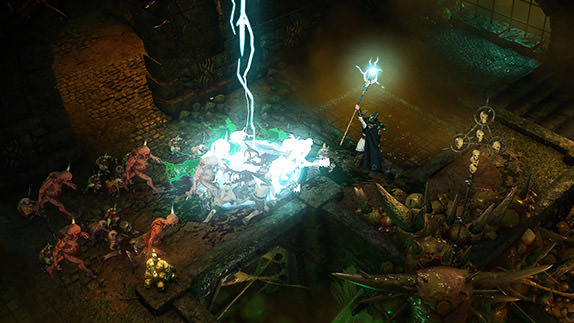Observer Review

 By Marcus Jones
Posted on October 4, 2017
By Marcus Jones
Posted on October 4, 2017
Observer is the dystopian, cyberpunk, horror game I didn't know I'd be so interested in. Imagine, Neuromancer and Blade Runner had a survival horror spin-off title, and you're starting to get the idea. Even adding to the mix is Rutger Hauer playing the role of Detective Daniel Lazarski, an Observer in post-war Poland in 2084. The world is dreary, filled with literal upper, middle, and lower class citizens (A, B, and C) which ultimately dictates where and how lavish your lifestyle will be. Those unfortunate enough to end up as a Class C citizen live in disgusting, rundown buildings with exposed wiring, holes in every floor, and generally just a "glass half full" kind of scenario. The world is one of augmentations and technology keeping citizens complacent under the shadow of a mega-corporation that owns Poland.
Lazarski is a member of the local police department and ultimately funded by the same mega-corporation. They've grafted him with what's called a "Dream Eater," a literal device allowing him to forcibly connect himself to another's mind and root out what information he's searching for. On top of that, he's equipped with various eye attachments, such as night vision, an electromagnetic view that pinpoints electronics, and a biological view that lets him gathering information on victims or perform forensics at crime scenes.
The real world is filled with things Lazarski can scan for information or manipulate. Opening a door isn't as simple as clicking a mouse button, as you have full control over the objects you can interact with. Some collectibles are hidden, but you'll mostly be interacting or scanning objects in the environment to progress the narrative. Each crime scene has several pieces of information scattered about, so using your different visions are key to linking your way to the next step. Additionally, once you've managed to scour a crime scene, you'll be able to jack into someone's brain for additional information by using the Observer tool. Unlike the real world which doesn't have as much crazy stuff going on, linking to another's mind is a good way to set yourself up for "crazytown." Inside the minds of others, there are twisting labyrinths, strange puzzles, and even darker things than the killer stalking the habstacks (where the poorest citizens live).
The game is billed as a survival horror, and I didn't fully believe or understand it until a couple of hours into the game. There is no traditional health bar (there is a synchronization rating which you take medicine to keep high) and seemingly nothing that was out for my blood. Up until a point, the game was more a psychological thriller with a sometimes chilling atmosphere and the occasional jump scare. It wasn't until my second major interrogation, where the game jumped into overdrive to make up for it. As I stalked my way through a perp's mind, I began to be hunted by a terrifying looking creature. I can only assume it's a literal representation of the "nanophage disease" in the game; a disease born from humanity's constant linking with technology and augmentations. Terrifyingly it stalks around looking for you while you aim to escape or complete your current objective.
Reaching a "game over" screen doesn't hurt you, and it only seems to occur while you are interrogating inside someone's mind. Simply clicking continue puts you almost exactly where you left off. Thankfully, the details and sounds of these mind adventures (as well as the real world) are stunning. You're drawn into these dark places without fully realizing how easy it is to immerse yourself. I only wish I was as engaged in the plot, which is quite hard to follow at times.
Simply Put
Observer is incredibly solid. It's steeped in narrative and features dark and beautiful environments. It captures the dystopian feel of an uncertain and technologically filled future. And there's certainly enough to spook you or keep you on your toes. No mind interrogation is easy or makes much sense, but you can never fully understand the mind either. Aside from the creepy, intense leaps into other's minds or completing a forensic investigation into a crime scene, much of the story is told through slow exposition. The world is seemingly devoid, and aside from a few places, I never felt pressured or frightened. It was more of a "I'll just keep going this way until something changes." The lack of interactions in the world makes me question a lot of what Lazarski experiences, making it seem like reality is suspect in itself.
Note: Observer was reviewed on PC. A digital copy of the game was provided by the publisher/developer.




